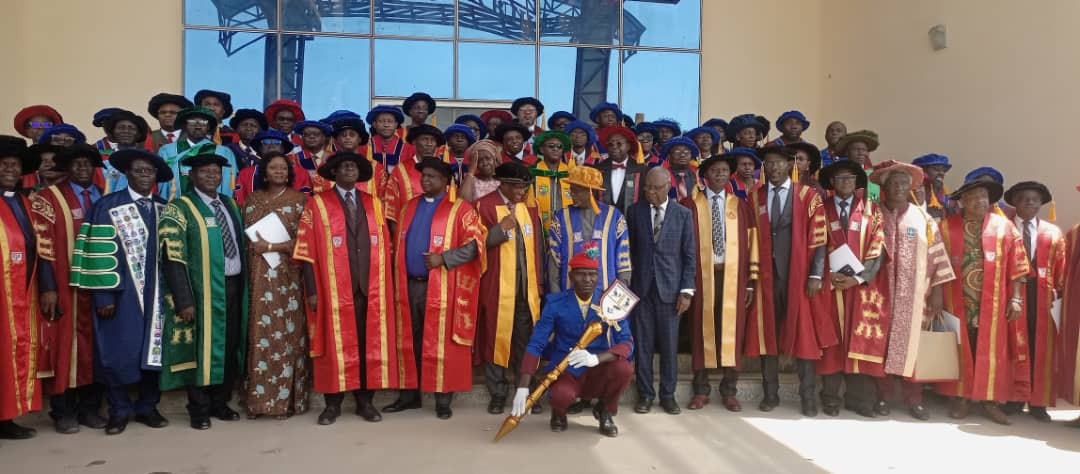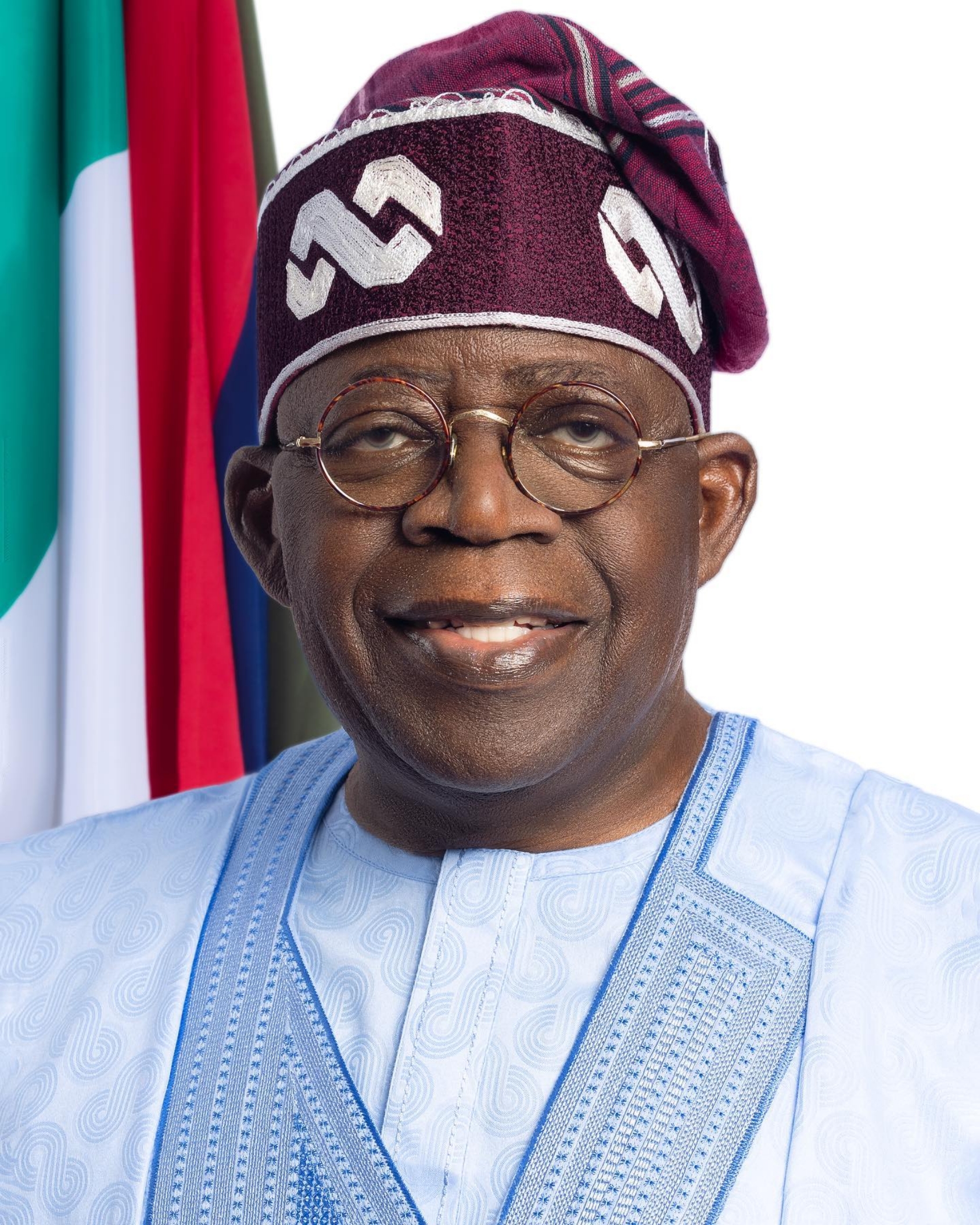The Academic Staff Union of Universities (ASUU), Bauchi zone, has refuted the claim of the Federal Government that there is a paucity of funds, which forced it not to meet the full salary demands of universities.
ASUU believes that it is not a lack of funds but a lack of political will and misplacement of priorities that make education suffer in the country.
This is the contention of the Zonal Coordinator of the Bauchi zone of ASUU, Prof. Timothy Namu, while addressing journalists in Jos.
According to Namu, in 2022, the data from the Federal Accounts Allocation Committee (FAAC) showed that states received a total of ₦3.92 trillion, while the figures in 2024 rose to ₦5.81 trillion, an increase of over 62 per cent.
“Similarly, the Federal Government received N3.42 trillion in 2022 and N4.65 trillion in 2024, an increase of over 70 per cent. These statistics confirm that it is not lack of funds but lack of political will and misplacement of priorities that make education suffer in Nigeria,” he asserted.
The Zonal Coordinator stressed that there is no sufficient evidence from government responses so far to suggest that education is a priority in Nigeria and that the government truly desires to avert crises in the universities.
He urged that during the National Executive Council (NEC) meeting of ASUU at the Taraba State University in Jalingo on 8th to 9th November 2025, NEC reviewed the response of the government since the suspension of the warning strike and rejected the proposed salary increase.
“NEC described the paltry increase as a drop in the ocean that is far below the expectation to reverse the brain drain syndrome that has bedevilled the university system in Nigeria,” he further pointed out.
He posited that after one week of the two, NEC convened an emergency meeting to review the state of the struggle and concluded that the objective of the strike had been partially achieved, and resolved to suspend the warning strike.
With barely one week to the expiration of the four-week window given to government, nothing substantial has been achieved, he stressed.
The union called on traditional rulers, leaders of thought, students, civil society organisations, the Nigeria Labour Congress, and the National Assembly to prevail on government to do the needful to avoid further crises in Nigerian universities.






